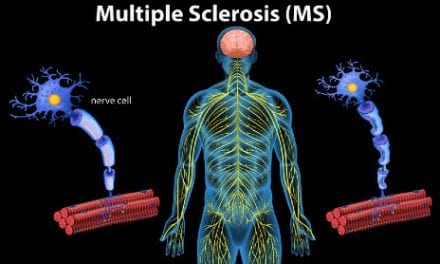Undergraduate psychology courses are not teaching enough about chronic health and physical disabilities, suggests a recent review.
“About 57 million people in the US have a disability, and it’s likely we will all interact with someone with a disability on a regular basis,” says Kathleen Bogart, an assistant professor of psychology in the College of Liberal Arts at Oregon State University. “Yet in terms of minority groups, we teach about disability the least. We are not properly preparing students to interact with this group.”
Bogart and her team of researchers from Oregon State University recently reviewed hundreds of undergraduate course offerings from top-ranked universities. They suggest that many types of disability—including chronic health and physical disabilities—are underrepresented in psychology classes.
In their study, recently published in the journal Teaching of Psychology, they found that all 98 colleges reviewed offered a course on psychiatric disability, but only eight colleges offered courses on physical disability. Few colleges offered courses that represent a variety of disabilities, according to a media release from Oregon State University.
In addition, the team finds that psychology coursework appears to focus more on what they consider the least-common disabilities, such as psychiatric disabilities and cognitive disabilities, rather than chronic health and physical disabilities, which they consider more common.
“Ideally, disability should be infused throughout the psychology curriculum, and, in particular, it should be included in introductory, social and health psychology courses,” Bogart states. “And we should be seeing more course topics that reflect the most common types of disability.”
The team also finds that psychology curriculum involving disability tends to follow the medical model of disability, which focuses on diagnosis, treatment, and cure.
However, Bogart notes in the release that a shift is underway in the psychological approach to disability, emphasizing a social model that focuses on coping, acceptance, reducing prejudice, and social policy.
Bogart states in the release that reworking the psychology course content—particularly for undergraduate courses, and helping to train psychology faculty to incorporate disability into their classes, may help address the deficiencies in current offerings.
“The goal is not to try to educate every person about every disability,” Bogart says. “The reasonable approach is to begin conversations around common experiences and concerns and use a range of examples, including a variety of disabilities.”
[Sources: Oregon State University, Science Daily]





